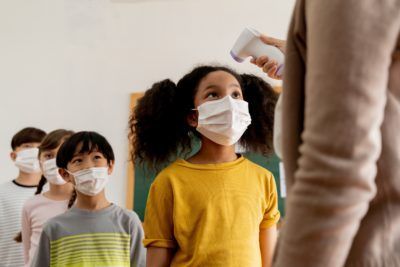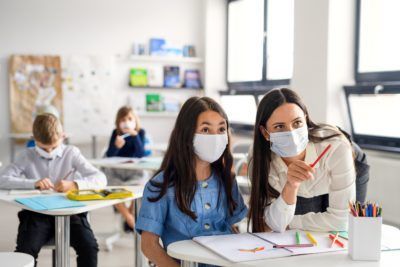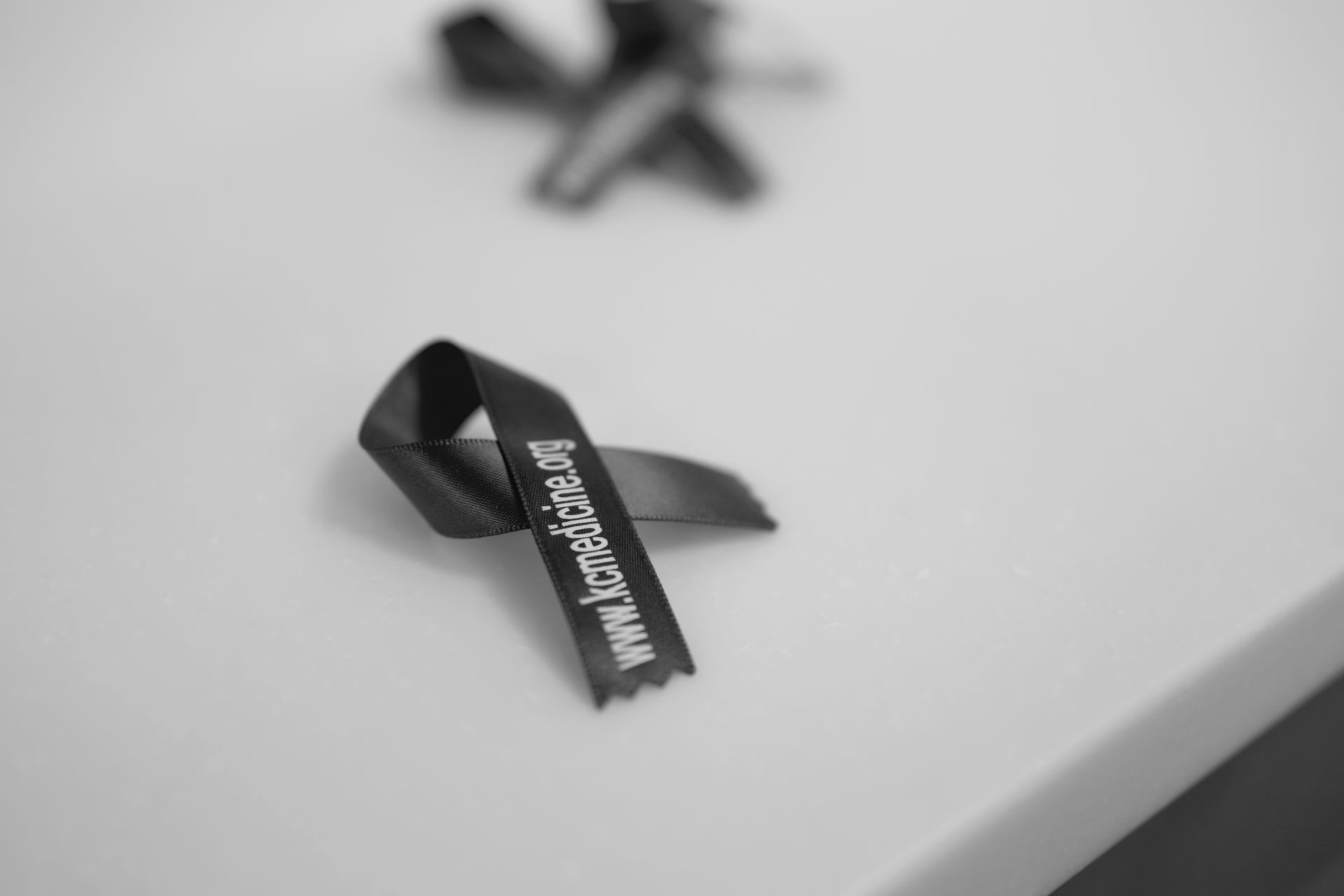KCMS Offers COVID-19 School Safety Recommendations
The Kansas City Medical Society has approved the following statement on opening schools safely during the COVID-19 pandemic:
Back to School Safely
Kansas City Medical Society
August 2020
With COVID-19 cases on the rise in counties across the Kansas City metropolitan area, students, parents and educators are rightfully concerned about the safety of young people returning to school in person. Within the Kansas City area, each school district and private school has been charged with deciding what is best for their community as far as the mode of course delivery. In some cases, school districts and private schools are giving parents the option of virtual, hybrid or in-person schooling this fall. There are still a lot of unknowns presently. Parents are struggling to decide what the right choice for their children should be.
It is understood there is not an ideal choice or a perfect solution available for our students in the present COVID-19 crisis. Decisions regarding school openings should:
- Be guided by science and healthcare professionals
- Take into consideration current trends in community spread of COVID-19
- Include financial support to provide supplies and increase services for schools
School districts have to be cognizant of the needs of students at high risk of abuse/neglect, those at risk of hunger, those with an Individualized Education Plan, those in programs that cannot be delivered remotely and students who come from homes where parents are unable to take time off from work. Along with that, schools have to be able to provide a safe working environment for teachers, students and staff so the risk of COVID-19 infection spread is mitigated in the best possible way. Flexible strategies will need to be developed by each school district and should include, but are not limited to, in-person and online options, intermittent closures, phased reopening and quarantine and isolation protocols.
Recommendations
 The Kansas City Medical Society (KCMS) strongly believes that the safe return of students to schools is a matter of public health and safety. Science-based protocols should be established utilizing guidance from the Centers for Disease Control (CDC) and local health departments prior to opening schools for in-person instruction. While education is their primary purpose, schools must also be prepared to deal with the health and public safety of our students; this includes protection from both the seasonal influenzas along with the COVID-19 virus. Understanding preventive strategies and developing a response to outbreaks is imperative.
The Kansas City Medical Society (KCMS) strongly believes that the safe return of students to schools is a matter of public health and safety. Science-based protocols should be established utilizing guidance from the Centers for Disease Control (CDC) and local health departments prior to opening schools for in-person instruction. While education is their primary purpose, schools must also be prepared to deal with the health and public safety of our students; this includes protection from both the seasonal influenzas along with the COVID-19 virus. Understanding preventive strategies and developing a response to outbreaks is imperative.
Preventive strategies for in-person learning include:
- Wearing a mask over the nose and under the chin during all activities outside of the home. The ideal mask is a medical grade mask with two layers, including a filter layer on the inside that is worn the entire day.
- Students must wash their hands frequently with soap and water for 20 seconds or with hand sanitizer that is at least 60% isopropyl alcohol.
- Students should safely distance at least six feet apart while wearing masks, this would involve a significant reduction in the number of students in a class.
- The school must clean all surfaces of the school frequently with an approved cleanser against COVID-19 as established by the CDC.
- Making room for adequate ventilation whenever possible.
- Temperature checks and symptom questionnaire prior to entering the building should be considered to identify cases early and to prevent the spread of COVID-19.
Personal Protective Equipment (PPE)
Schools should provide the appropriate level of Personal Protective Equipment (PPE) to staff and students and be prepared to monitor adherence. Training on the proper use of PPE should be provided to all staff and students along with strict adherence to social distancing guidelines.
Responding to Infections
If students or staff exhibit symptoms or are ill, they should stay home or be sent home. A plan to offer testing to symptomatic students and staff needs to be in place. Coordinated COVID-19 testing with local health departments and testing centers must include rapid turnaround time for results and clear communication of results, along with medical advice on quarantine. Additionally, clear guidelines and expectations should be in place for when a staff member or student was in close contact with a positive case, followed up by widespread and detailed contact tracing that will slow disease spread. Ongoing transparent communication should be maintained with parents and guardians on positive cases and trends for COVID-19 cases; this is important to keep our community healthy and safe.
Clusters of Cases
KCMS also recommends that schools have contingency plans for school closures should they be needed. Clear protocols when positive cases occur in clusters in schools should be developed and should include support for absences of students and staff.
Mental Health
The uncertainty of this pandemic and the increased vigilance of using masks, social distancing and in some cases of social isolation, will have an impact on the mental health of students and staff. Providing additional support and services to screen for and identify those struggling with anxiety, depression, suicidal thoughts, drug and alcohol use, and domestic violence is critical. Increasing resources such as clinical social workers, case workers, school counselors and law enforcement should be considered to prepare for this.
We encourage every school district to have open lines of communication with their state and county health departments. It is important that schools are ready and able to support and protect their students and by default, the communities where they live.
For more information:
https://www.cdc.gov/healthyschools/index.htm




